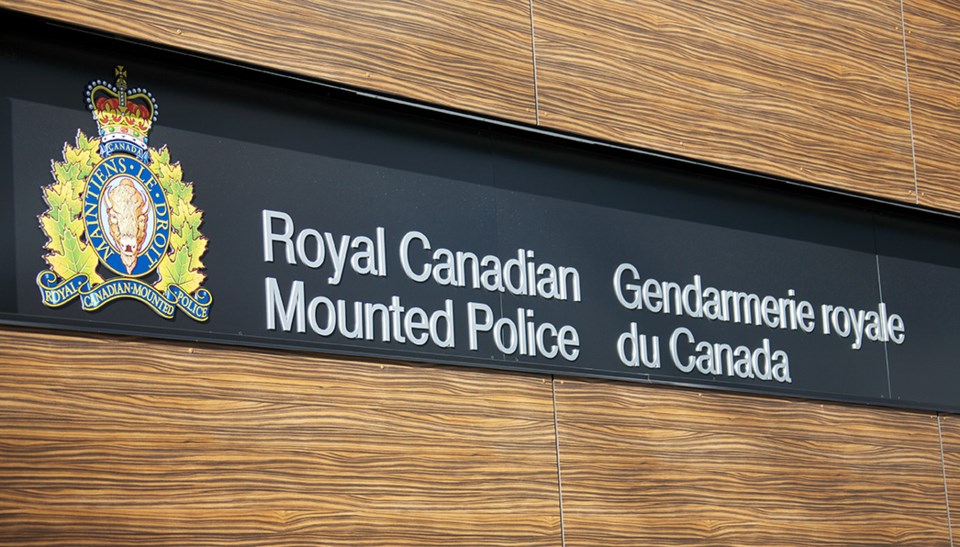The District of Squamish was so concerned about fake email submissions during the public hearing process of the Official Community Plan that it asked the RCMP to investigate, The Chief has learned.
RCMP were asked to investigate the submissions on Jan. 24, according to Cpl. Sascha Banks.
“Squamish RCMP were requested to look into some suspicious emails received at the Squamish Municipal Hall in regards to the Official Community Plan,” she said in an email.
“The Sea to Sky General Investigation Section took over the investigation and examined all the evidence provided. Through a thorough examination of all materials, along with consultation of the RCMP Legal Services, it was deemed that no criminal offence had occurred and the file was concluded,” she said.
Heintzman said the District was concerned that a number of false emails — many signed with only a first name — had been created by someone to send feedback that could influence the process.
On major decisions like the recent Official Community Plan in Squamish, council considered comments from sources that included email correspondence, online submissions, and screenshots from Facebook.
“The RCMP is not there to validate our public process, they’re there to prosecute, to get to the bottom of any criminal intent or fraudulent intent. If they can’t prove it in the end, then they won’t investigate,” said Heintzman.
Last week, Squamish sponsored a resolution at the Union of BC Municipalities Convention in Whistler asking for a way to validate submissions.
The resolution asks that the Local Government Act be amended to “assist local governments with the ability to verify the legitimacy of a submission where there is strong reason to believe that the submissions are false and dishonest and made to undermine the integrity and purpose of the public hearing process and UBCM work with the province to understand best practices.”
Heintzman said the Act was not designed with the internet in mind, and needs to be updated but still allow for unrestricted comment.
“There’s a fine balance between ensuring people have the opportunity to speak their minds, and ensuring that you don’t have a corrupt public process. If we have a suspicion, we need to at least we able to say in public that we don’t think it’s authentic. Currently, we can’t do that,” she said.
At a council meeting on Tuesday, Coun. Karen Elliott said, “it passed unanimously because local governments recognize that meddling in decisions doesn't just happen at a federal level in countries, it’s happening at a local level as well.”




